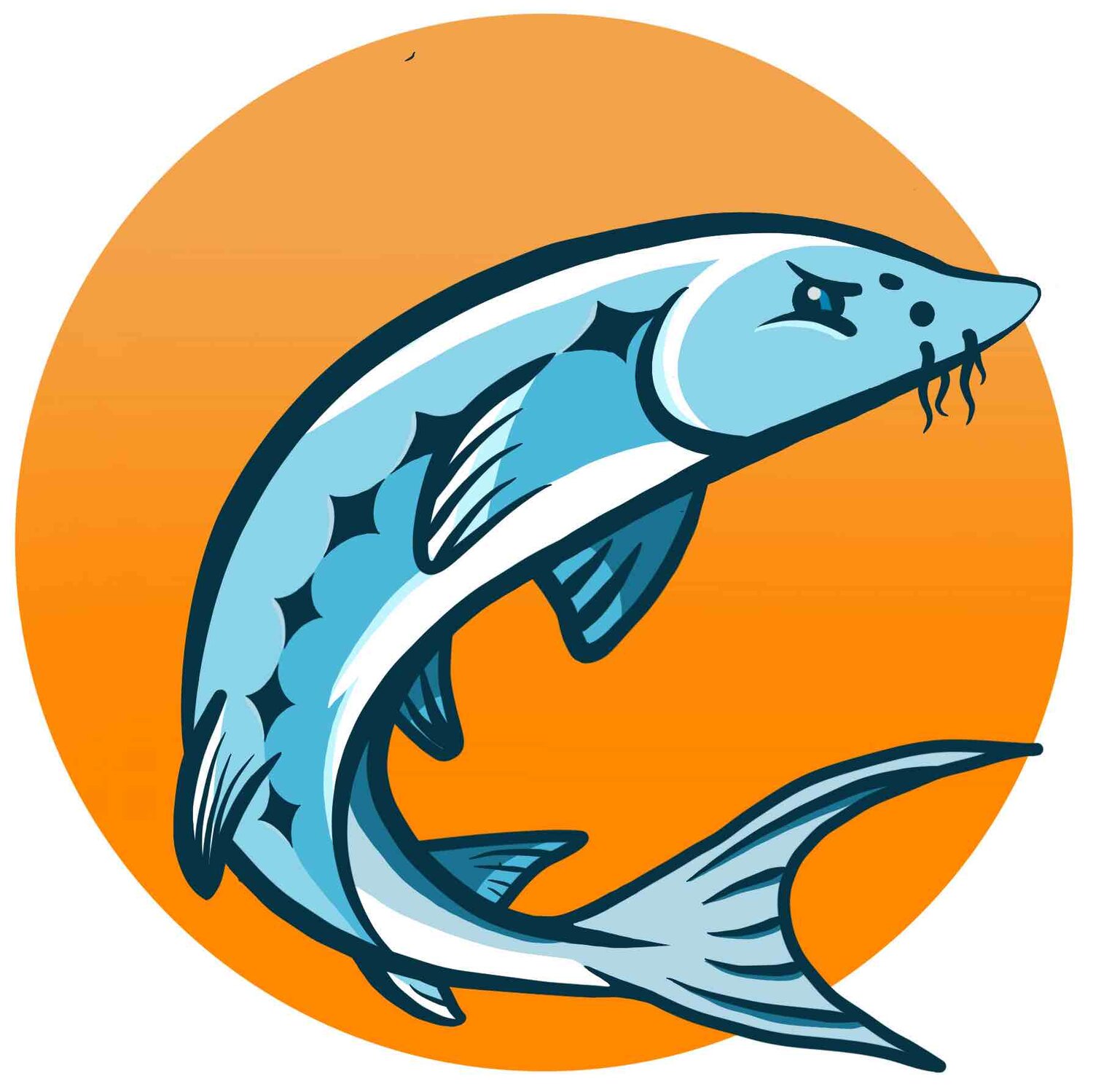ELA 12: Research Writing and Senior Project
In Research Writing and Senior Project students will dive into research writing through picking a topic they are passionate about and creating a year long research project. Similar to other courses at Wahtonka all language arts courses are content driven and standards based. Content driven means that it will incorporate things you learn in your core classes (math, science, social studies) because in life we do not separate subjects, they are all blended together in everything you do! Standards based means it will follow the national common core standards (this means we are following learning goals of our nation). Career ready skills will be practiced during your time in language arts in order to prepare you for life and finding your way along a career path. In 12th grade students will learn a range of skills including how to conduct academic research, work with a research committee, identify and contact experts in their field, and how to present complex information to an audience. Students will build on the skills acquired in their previous classes to complete a senior thesis and accompanying project and to publicly share that work at our yearly senior project night in July. Projects will reflect student passion and be codesigned by a research committee including the student’s language arts teacher, advisor, social studies teacher, an expert in their field, and a project manager to keep them on track. In their class, students will learn how to do formal writing and how to choose a research method to best meet their research question.
Language arts will be inquiry-based and constructivist in style which means
Students learn by doing. We become strong writers by writing and reflecting upon what works and doesn’t work in our writing.
Students will be practicing critical thinking skills
Students will be engaging in processes of design and refinement through the writing process (drafting, editing, refining, publishing)
Students will be asked to take healthy risks as writers and editors to both help themselves and their peers grow in their work.
Course time frame: 58 weeks (1 year)
Daily 90 minutes
Credit: Language Arts
Google classroom: https://classroom.google.com/u/0/c/Nzg0MTQwNzc3NzRa
Course FAQs
What are my technology needs?
You will login to Google Classroom and utilize this platform for work submission. You will also need to be proficient in the use of Google Drive and GoogleDocs. Other programs we use include WeVideo, and our website platform for final publishing. Depending on your specific project you may be asked to engage in a larger range of technology, supported by the school.
What are the prerequisites I need in order to take this class?
ELA 9: Narrative and Creative Writing, Journalism, Writing for College and Career
Why should I take this course/What are the benefits?
There are 8 specific reasons you should have a class in narrative and creative writing:
Your voice is important At Wahtonka we believe that each student’s voice is important and that their voice should be shared with the world. In this class, you will have an opportunity to do that. You will conduct a unique research project that offers new learning to the world. Your work will be taken seriously by all members of your research committee as not just a school assignment, but as important and valuable on its own merits.
The real world is our classroom: In this class you will work with professionals in your field of choice to get an understanding of what their journey to success has been and what advice they would give you. Through your research you will be immersed in your field and learn tricks and tools of the trade through direct experience.
Engaging in Critical Thinking: In this course you will learn how to consider different perspectives on an issue and how to create a project that offers a balance of those perspectives. You will also learn how to identify bias in both your own writing and others and account for that bias by naming it as such and offering a well-reasoned balance to your bias. We are at a time in our world where misinformation is common and more difficult to identify, in this course we’ll explore how misinformation is spread and how to identify it.
Writers learn by writing: In this course you will learn to become a writer through practicing the art of writing. While your focus will be on one larger piece of writing, you will work on each section of that writing for extended periods of time. We will create a safe environment for you to practice creativity and curiosity within your writing.
Writers engage in feedback: You will learn to engage in the same process that all of our great writers use to grow and improve in their craft. Through creating, revising, getting feedback, editing, and publishing, your writing will grow at each step of the process. Feedback will be tailored to you and where you are in your writing and delivered with care and compassion.
Building resilience: Great writers don’t publish their first drafts. It is only through trying, struggling, trying again, and again that a piece of writing becomes great. This can and will happen with your writing. In ELA we will create a safe space for you to go through this process with care and support to guide you along the way. In doing so you will learn to become more resilient in all areas of your life when you face challenges.
Encourages Teamwork: Humans learn through experimentation and collaboration. In ELA you will learn how to give supportive and constructive feedback to your peers, how to receive feedback and how to collaborate on ideas together. In every line of work, teamwork is what makes us most successful.
Sharing your work: We all learn through sharing our work. Sharing your work with others encourages you to define an audience, take in feedback and practice the craft of improvement. It is also a way to celebrate your work and accomplishments within the real world. For that reason, all of our writing is geared towards publication. In this class you will share your work both through publication of your final project and through sharing your work via presentation at our senior project night.
What standards does this course cover?
Here is the Common Core Standards that apply to English Language Arts http://www.corestandards.org/ELA-Literacy/RL/9-10/
CCSS.ELA-LITERACY.W.11-12.1 Write arguments to support claims in an analysis of substantive topics or texts, using valid reasoning and relevant and sufficient evidence.
CCSS.ELA-LITERACY.W.11-12.1.A Introduce precise, knowledgeable claim(s), establish the significance of the claim(s), distinguish the claim(s) from alternate or opposing claims, and create an organization that logically sequences claim(s), counterclaims, reasons, and evidence.
CCSS.ELA-LITERACY.W.11-12.1.B Develop claim(s) and counterclaims fairly and thoroughly, supplying the most relevant evidence for each while pointing out the strengths and limitations of both in a manner that anticipates the audience's knowledge level, concerns, values, and possible biases.
CCSS.ELA-LITERACY.W.11-12.1.C Use words, phrases, and clauses as well as varied syntax to link the major sections of the text, create cohesion, and clarify the relationships between claim(s) and reasons, between reasons and evidence, and between claim(s) and counterclaims.
CCSS.ELA-LITERACY.W.11-12.1.D Establish and maintain a formal style and objective tone while attending to the norms and conventions of the discipline in which they are writing.
CCSS.ELA-LITERACY.W.11-12.1.E Provide a concluding statement or section that follows from and supports the argument presented.
CCSS.ELA-LITERACY.W.11-12.2 Write informative/explanatory texts to examine and convey complex ideas, concepts, and information clearly and accurately through the effective selection, organization, and analysis of content.
CCSS.ELA-LITERACY.W.11-12.2.A Introduce a topic; organize complex ideas, concepts, and information so that each new element builds on that which precedes it to create a unified whole; include formatting (e.g., headings), graphics (e.g., figures, tables), and multimedia when useful to aiding comprehension.
CCSS.ELA-LITERACY.W.11-12.2.B Develop the topic thoroughly by selecting the most significant and relevant facts, extended definitions, concrete details, quotations, or other information and examples appropriate to the audience's knowledge of the topic.
CCSS.ELA-LITERACY.W.11-12.2.C Use appropriate and varied transitions and syntax to link the major sections of the text, create cohesion, and clarify the relationships among complex ideas and concepts.
Use precise language, domain-specific vocabulary, and techniques such as metaphor, simile, and analogy to manage the complexity of the topic.
CCSS.ELA-LITERACY.W.11-12.2.E Establish and maintain a formal style and objective tone while attending to the norms and conventions of the discipline in which they are writing.
CCSS.ELA-LITERACY.W.11-12.2.F Provide a concluding statement or section that follows from and supports the information or explanation presented (e.g., articulating implications or the significance of the topic).
CCSS.ELA-LITERACY.W.11-12.7 Conduct short as well as more sustained research projects to answer a question (including a self-generated question) or solve a problem; narrow or broaden the inquiry when appropriate; synthesize multiple sources on the subject, demonstrating understanding of the subject under investigation.
CCSS.ELA-LITERACY.W.11-12.8 Gather relevant information from multiple authoritative print and digital sources, using advanced searches effectively; assess the strengths and limitations of each source in terms of the task, purpose, and audience; integrate information into the text selectively to maintain the flow of ideas, avoiding plagiarism and overreliance on any one source and following a standard format for citation.
CCSS.ELA-LITERACY.RI.11-12.1: Cite strong and thorough textual evidence to support analysis of what the text says explicitly as well as inferences drawn from the text, including determining where the text leaves matters uncertain.
CCSS.ELA-LITERACY.RI.11-12.2: Determine two or more central ideas of a text and analyze their development over the course of the text, including how they interact and build on one another to provide a complex analysis; provide an objective summary of the text.
CCSS.ELA-LITERACY.RI.11-12.3: Analyze a complex set of ideas or sequence of events and explain how specific individuals, ideas, or events interact and develop over the course of the text.
CCSS.ELA-LITERACY.RI.11-12.4: Determine the meaning of words and phrases as they are used in a text, including figurative, connotative, and technical meanings; analyze how an author uses and refines the meaning of a key term or terms over the course of a text (e.g., how Madison defines faction in Federalist No. 10).
CCSS.ELA-LITERACY.RI.11-12.5: Analyze and evaluate the effectiveness of the structure an author uses in his or her exposition or argument, including whether the structure makes points clear, convincing, and engaging.
CCSS.ELA-LITERACY.RI.11-12.6: Determine an author's point of view or purpose in a text in which the rhetoric is particularly effective, analyzing how style and content contribute to the power, persuasiveness or beauty of the text.
CCSS.ELA-LITERACY.RI.11-12.7: Integrate and evaluate multiple sources of information presented in different media or formats (e.g., visually, quantitatively) as well as in words in order to address a question or solve a problem.
CCSS.ELA-LITERACY.RI.11-12.8: Delineate and evaluate the reasoning in seminal U.S. texts, including the application of constitutional principles and use of legal reasoning (e.g., in U.S. Supreme Court majority opinions and dissents) and the premises, purposes, and arguments in works of public advocacy (e.g., The Federalist, presidential addresses).
CCSS.ELA-LITERACY.RI.11-12.10: By the end of grade 11, read and comprehend literary nonfiction in the grades 11-CCR text complexity band proficiently, with scaffolding as needed at the high end of the range.
How do you grade my work in this class?
Wahtonka Community School uses a proficiency based grading system. Your grade is based upon rubrics with specific standards and requirements. In order to gain credit for this class you must meet these standards at the proficient or mastery level.
Course grades are usually broken down as follows:
Mastery
Letter = A+, A, A-
GPA = 4.0, 3.75, 3.5
Credit = 0.33
Proficient
Letter = B+, B, B-
GPA = 3.25, 3.0, 2.75
Credit = 0.33
Developing
Letter = C+, C, C-
GPA = 2.5, 2.0, 1.75
Credit = 0.15 - 0.05
Basic/Emergent
Letter = D, F
GPA = 1.5, 0
Credit = 0


